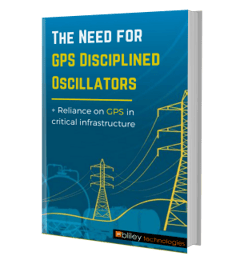To make the long journey to earth's orbit or beyond, spacecrafts must be designed to have very precise functionality. Even simple vibrations during pre-launch transportation and powered flight can interfere with the spacecraft’s functionality. These simple vibrations come from many different sources and can inhibit the spacecraft from reaching its full potential.
Spacecraft engineers must also be concerned about very small vibrations, known as micro-vibrations, from a spacecraft’s own moving parts as it operates in orbit. Micro-vibrations are typically sinusoidal with the chance of some integer harmonics and random vibration being present.
In this blog, we'll discuss four of the most common sources of vibration and micro-vibration in satellites and spacecrafts, and how you can reduce or prevent them in your application.















